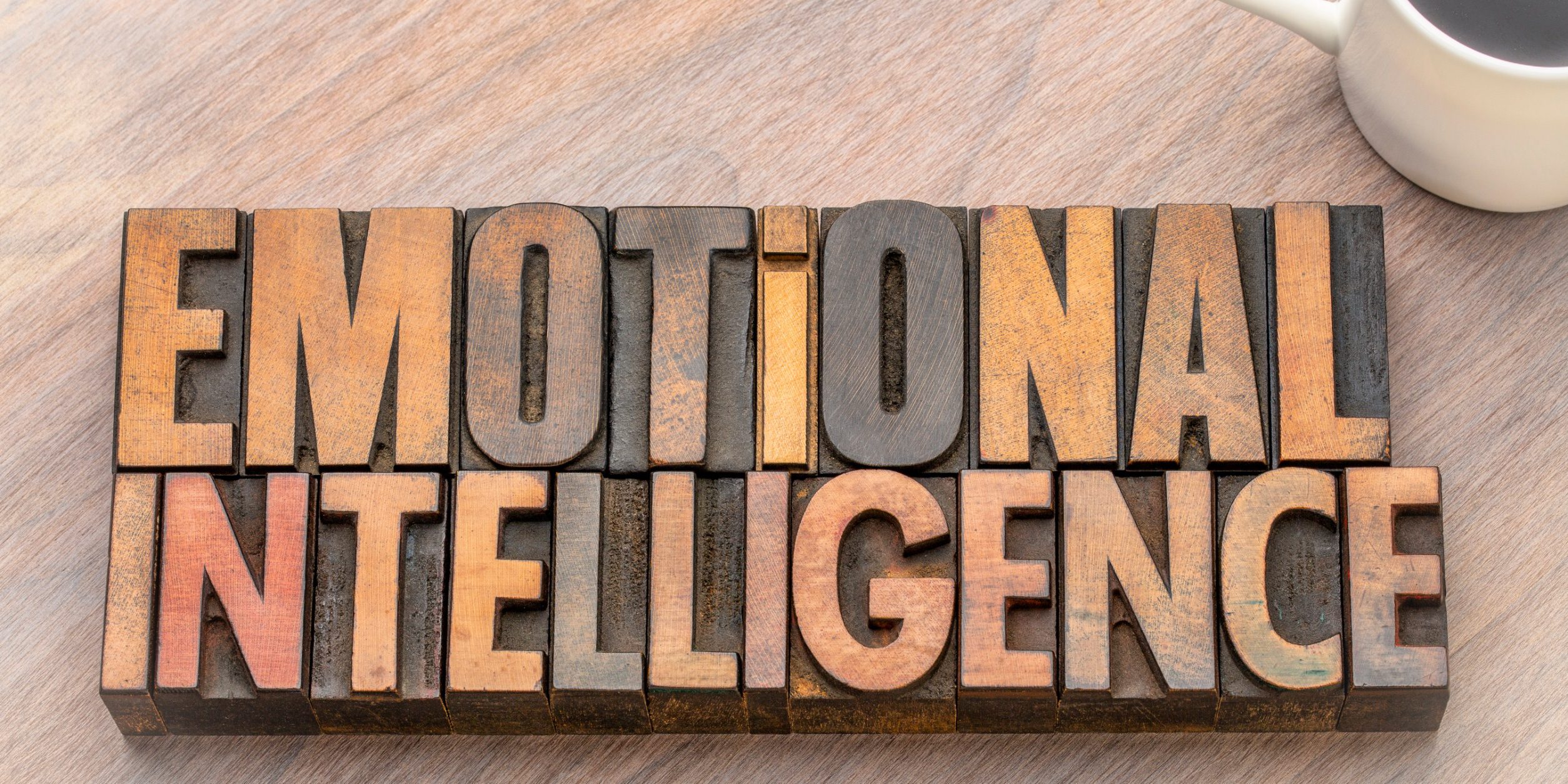“Your ability to comprehend what is not being spoken, is even more important than your ability to comprehend what is being spoken!” ~ Joe Contrera
Emotional Intelligence, also known as EQ is now a highly sought after skill amongst Leaders. It was initially introduced in the 1930’s by psychologist Edward Thorndike as “social intelligence, and while others addressed the concept in various ways, it wasn’t until 1995 when psychologist and behavioral science journalist, Daniel Goleman, popularized the concept in his book, Emotional Intelligence. It was so warmly embraced, that it sat on the New York Times Best Seller List for a year and a half while simultaneously gracing the cover of Time Magazine.
While EQ has become exceedingly more important over the last 28 years it was catapulted to the forefront of leadership skills during the pandemic of the last few years. What is EQ & Why is it Important
The What, Why, & When of EQ?
Emotional Intelligence can be defined as a person’s ability to effectively negotiate social relationships and environments. It has also been defined as the ability to understand and manage your own emotions, while also recognizing your ability to influence the emotions of those around you
Goleman says that 90% of the difference between star performers and average performers in leadership positions is EQ. In other words, EQ is a key determinant in determining a persons success in business and in life. In other words, it’s really friggin’ important, especially in leadership!
A survey of over 2200 hiring managers showed that the majority of hiring managers would select a person with high Emotional Intelligence and a moderate IQ level over a candidate with a high IQ and a moderate level of Emotional Intelligence.
What might be even more interesting to note, is that EQ can be developed in children at an early age.
EQ & Kids
An article in Psychology Today cited that Emotional intelligence appears to be a key predictor of children’s ability to make suitable peer relationships, get along at home, develop a well-balanced outlook on life, and to reach their academic potential at school.
Again, a key predictors of success! For the record…studies show that video games and video game addiction can stunt Emotional Intelligence. So much so that a 21-years old could have the Emotional Intelligence of a 12-year old because they lack the social skills to interact in face-to-face social situations.
EQ N’ You?
There are 100’s of online EQ assessments that vary widely in their statistical validity. If you are interested in a statistically valid assessment, email me and we will help you discover your path to improving your EQ.
Regardless of what your Emotional Intelligence score is, you can always improve. And, unlike other aspects of your self that can be difficult to change, EQ happens to be something you can improve dramatically with a little focus and intention.
3 Things You Can Do To Improve Your Emotional Intelligence:
- Journal Daily – Recap your day and identify your experience from an emotional state at various times throughout the day.
- Keep a Log – Identify your emotions and write them in a in a small notepad or enter them in your phone as you go through your day.
- Pay Attention to Stress Triggers – Pay attention when your emotions are running high or you are shutting down in a situation. Before it goes on for too long, excuse yourself from the situation. Find a place where you can stop and take at least 5 slow deep breaths in through your nose, hold at the top of the inhale for 3-4 seconds and then exhale slowly through your mouth (repeat 5 times) and then return to the situation at hand.
In Summary
Managing your emotions is the key to collaborating, relating, leading, selling, coaching, interacting, communicating, parenting, serving others, volunteering, teaching, mentoring, etc.
Get the point… it impacts everything!!! Your ability to stay centered and calm in what could be an emotionally uncomfortable situation will create more success in your business and your life…
After all isn’t that…what we all want?






